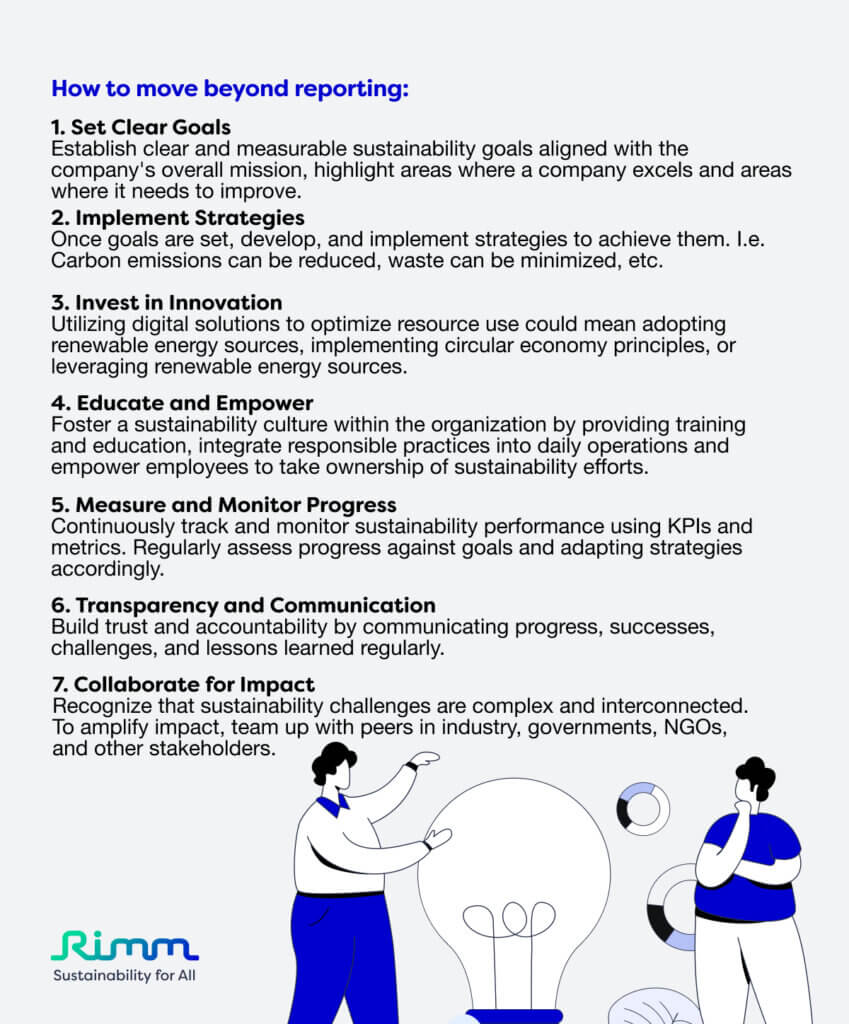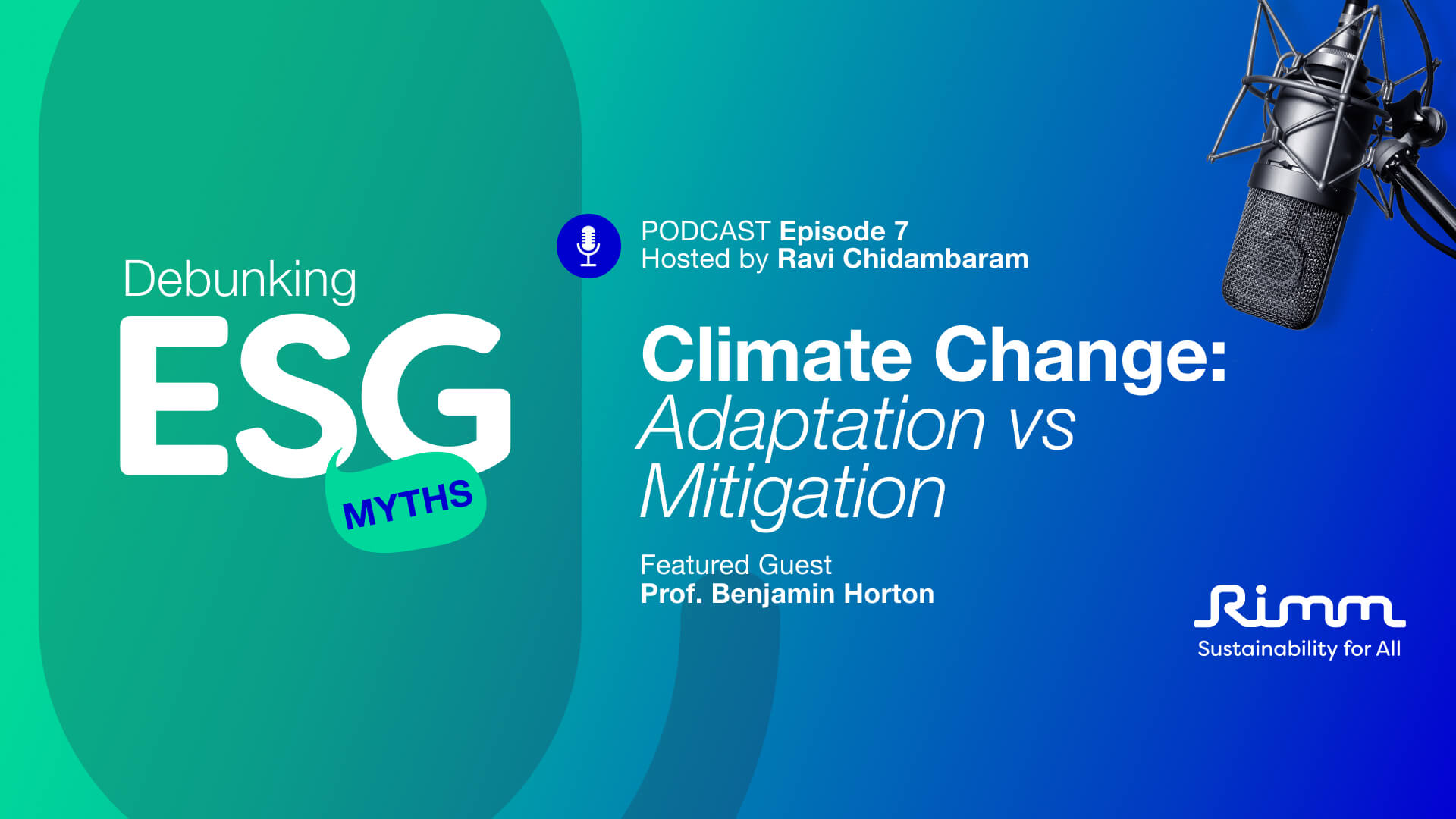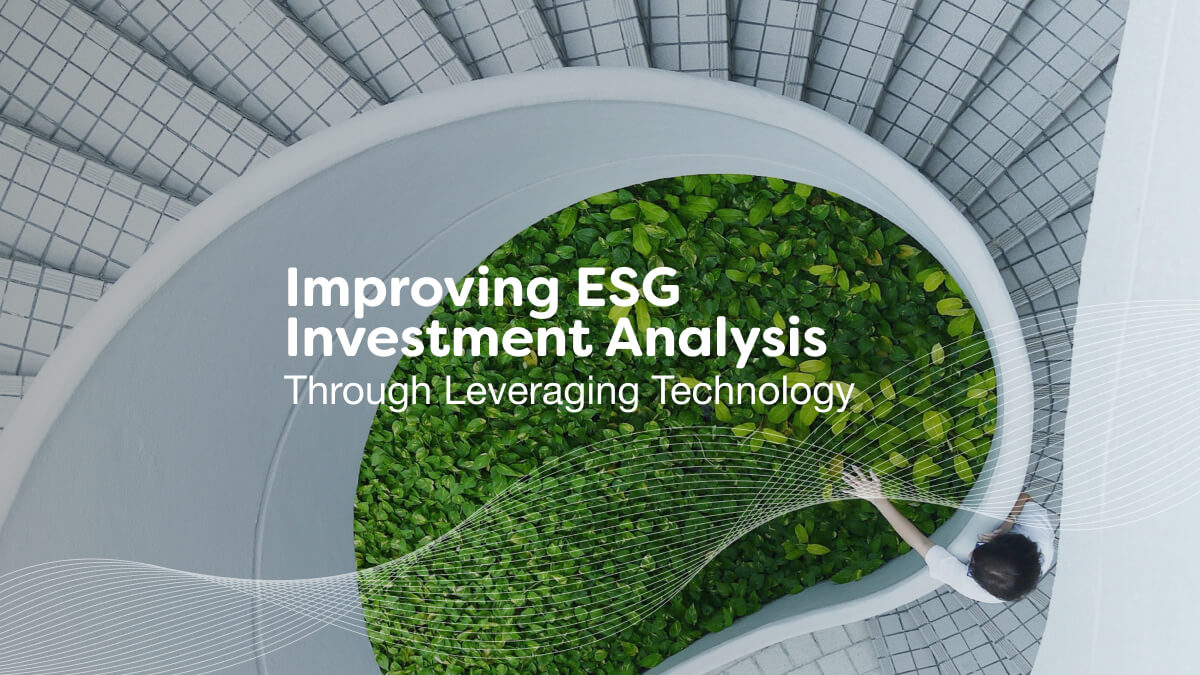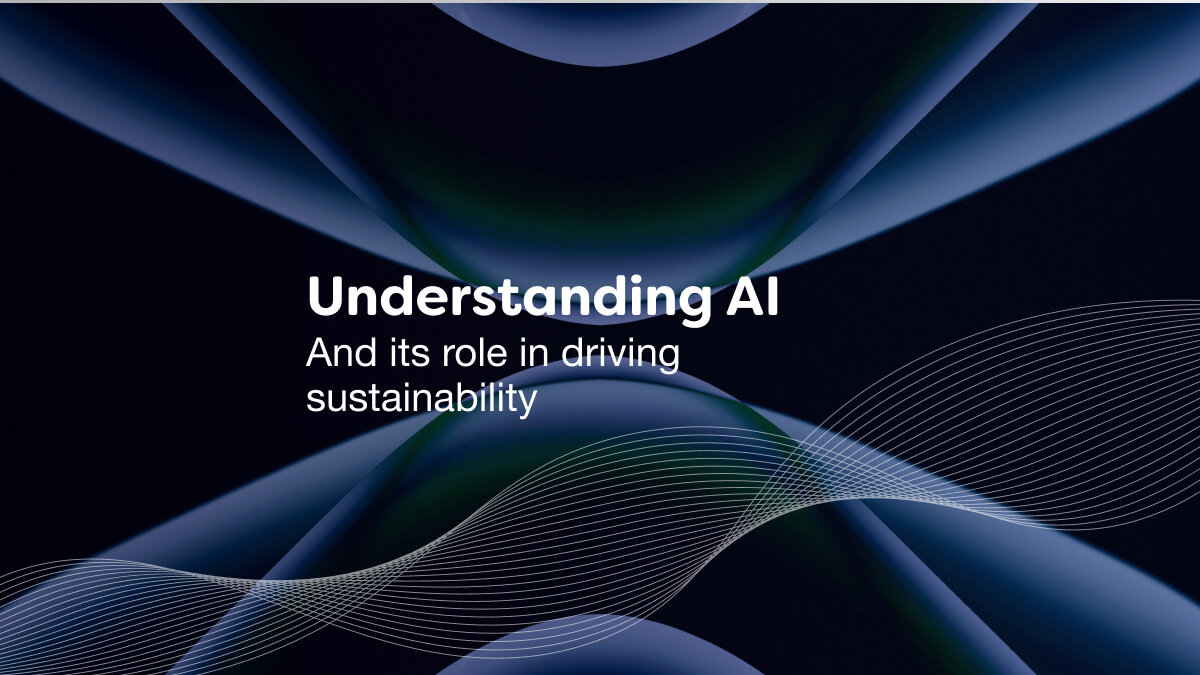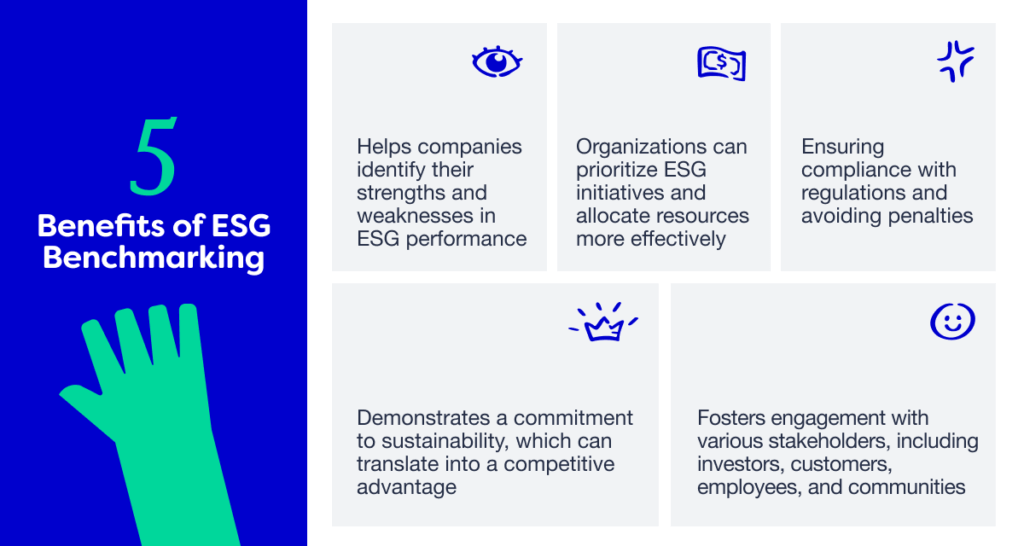The new International Sustainability Standards Board (ISSB) standards help solve the problem of global reporting fragmentation, enabling clearer, more consistent reporting for SMEs. Learn how the standards can help your firm boost credibility and efficiency in your sustainability reporting.
As a small and medium-sized enterprise (SME), staying informed about the latest standards and frameworks that can impact your business is essential. This can be an onerous task given the fragmented jigsaw of global standards that have grown up around sustainability. The new International Sustainability Standards Board (ISSB) framework, announced in June 2023, is a major step forward as it aims to simplify reporting by setting a baseline for all companies.
Companies and their investors don’t currently have a common language for communicating about sustainability. But the ISSB’s first set of standards – IFRS S1 and S2 – aim to change all that by creating a common framework for all disclosures. This should bolster trust and confidence in sustainability-related information to drive investment and resourcing decisions.
Let’s break down the new ISSB standards to understand how they can benefit your SME.
What is the ISSB?
The ISSB is an international organization dedicated to developing and promoting globally accepted standards. The International Financial Reporting Standards (IFRS) Foundation set up the board in 2021 to enhance transparency, credibility, and comparability of sustainability reporting by providing a comprehensive global baseline of disclosures.
The board’s creation helps consolidate and simplify the fragmented array of sustainability standards that has grown up over the last few decades. The Value Reporting Foundation (VRF) and the Climate Disclosure Standards Board (CDSB) have consolidated into the IFRS Foundation. And the ISSB builds on and consolidates the work of other investor-focused reporting initiatives, including:
- Sustainability Accounting Standards Board (SASB) standards
- Task Force for Climate-related Financial Disclosures (TCFD) recommendations
- Integrated Reporting Framework
- Climate Disclosure Standards Board (CDSB) framework.
ISSB will also be incorporated into the CDP global environmental disclosure platform.
The Global Reporting Initiative – another popular sustainability framework – has said it will be distinct but complementary to the ISSB, and the two frameworks are aligning their work programs. The GRI says its standard will ensure transparency on organizations’ impacts on people and planet, while the ISSB supports efficient and resilient capital markets. Together these two standards can provide a complete picture on sustainability impacts and performance, says the GRI.
Will ISSB standards be mandatory for SMEs?
Local regulators decide whether to mandate climate disclosures and to what extent their rules align with ISSB. Currently, the ISSB standards are not compulsory in most jurisdictions. But they could start aligning with global regulatory requirements as local rules evolve.
The UK, for example, became the first country to mandate companies to make climate-related disclosures in 2022. These disclosures are currently based on TCFD, but there are plans to update them to reference the ISSB standards.
The UK rules currently only apply to large companies. However, the government plans to make climate disclosures mandatory ‘across the economy’, implying smaller firms will be included, by 2025.
ISSB standards – the key features
The new standards apply to annual reporting periods beginning on or after 1 January 2024.
The rules are designed to be user-friendly and easy to understand, with practical guidance and examples to simplify implementation.
The standards are flexible, accounting for the varying legal, cultural, and economic environments in which businesses operate. This helps organizations comply with minimal burden or disruption to operations.
The standards are scalable, recognizing the diversity of organizations and different levels of readiness. This allows businesses to adopt them in a phased manner. SMEs can prioritize the implementation of specific standards based on their needs and resources.
The ISP framework takes an integrated approach, going beyond financial information to include non-financial factors such as environmental, social, and governance (ESG).
Main requirements
The disclosures organizations provide for IFRS S1 (General requirements for sustainability-related financial disclosure) must be useful to financial report users in making decisions about providing resources to the entity. It requires entities to disclose information about risks and opportunities that could reasonably affect their prospects, including the entity’s cashflows, and access to finance or cost of capital over the short, medium or long term.
S1 requires entities to disclose information about their sustainability-related risks and opportunities – in particular:
- Governance processes, controls and procedures the entity uses to monitor, manage and oversee sustainability-related risks and opportunities
- Strategy for managing risks and opportunities
- Processes for identifying, assessing, prioritizing and monitoring them
- The entity’s performance around sustainability-related risks and opportunities, including progress towards any targets the entity has set or is required to meet by law or regulation.
IFRS S2 (Climate-related disclosures) has the same key disclosure requirements as for S1 listed above, but for specific climate-related risks and opportunities rather than those relating to general sustainability.
Disclosed targets should align with the latest international agreements on climate change – such as the Paris Agreement – and local plans, known as nationally determined contributions.
Where next?
Having launched its general sustainability and climate standards, the ISSB is also reportedly now exploring whether to extend its remit to cover areas such as biodiversity, ecosystems, human capital, and human rights.
The benefits for SMEs aligning with ISSB standards
SMEs have faced difficulties in navigating the complex alphabet soup of ESG regulations. But ISSB provides them with a solid foundation for improving financial reporting, enhancing business efficiency, and facilitating international growth.
The ISSB standards can help SMEs improve their reporting processes, ensuring consistent, accurate and reliable information. This transparency enhances credibility and helps SMEs attract potential investors and financing.
Aligning with the ISSB standards helps SMEs better manage risks by identifying how sustainability and climate issues may affect their prospects.
It can help SMEs streamline their internal processes, making them more efficient and effective with improved decision-making, cost reduction, and operational excellence.
Adhering to internationally recognized standards also positions SMEs for global expansion. It enables SMEs to meet the expectations of international stakeholders, facilitates cross-border transactions, and simplifies compliance with regulatory requirements in foreign markets.
Keeping pace with the latest standards and frameworks is crucial for SMEs aiming to thrive in an increasingly competitive global market. By adopting the standards, SMEs can strengthen their credibility, attract investors, and unlock new opportunities for success.
Want to learn more about Rimm’s solutions?
Browse our solutions catalog or book a free demo today!
Simplify Your Sustainability Performance & Tracking With myCSO
✅ Calculate your scope 1, 2 and 3 emissions instantly
✅ Gauge your company’s sustainability performance
✅ View your sustainability performance all from one dashboard
✅ Benchmark against industry peers
Enter your information below to book a demo with our team today.
